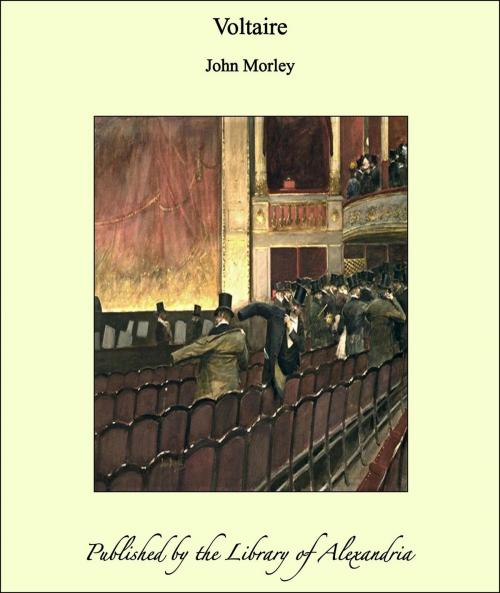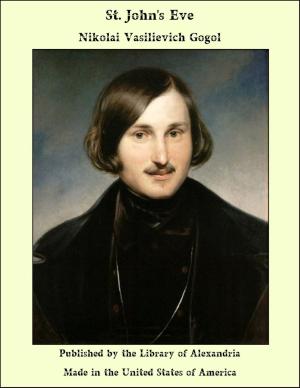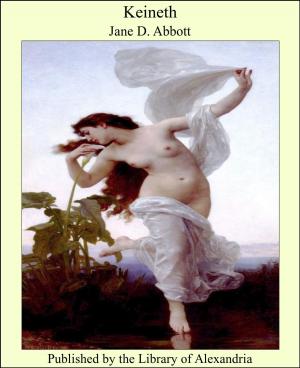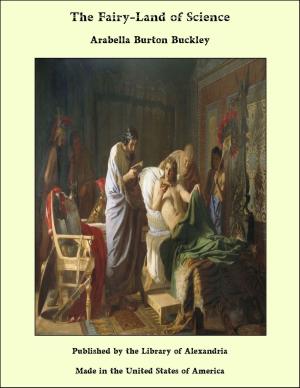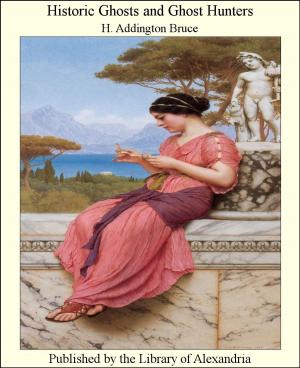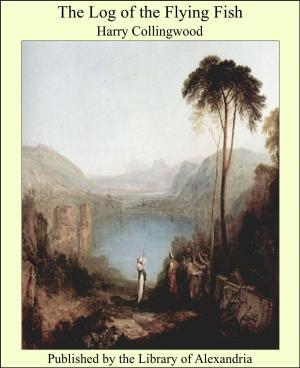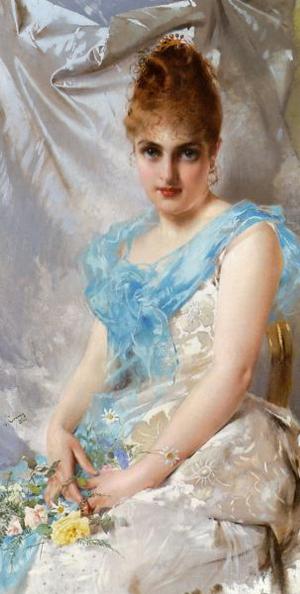| Author: | John Morley | ISBN: | 9781465553171 |
| Publisher: | Library of Alexandria | Publication: | March 8, 2015 |
| Imprint: | Language: | English |
| Author: | John Morley |
| ISBN: | 9781465553171 |
| Publisher: | Library of Alexandria |
| Publication: | March 8, 2015 |
| Imprint: | |
| Language: | English |
Christianity originally and generically at once awoke and satisfied a spiritual craving for a higher, purer, less torn and fragmentary being, than is permitted to sons of men on the troubled and corrupt earth. It disclosed to them a gracious, benevolent, and all-powerful being, who would one day redress all wrongs and recompense all pain, and who asked no more from them meanwhile than that they should prove their love of him whom they had not seen, by love of their brothers whom they had seen. Its great glory was to have raised the moral dignity and self-respect of the many to a level which had hitherto been reached only by a few. Calvin, again, like some stern and austere step-son of the Christian God, jealous of the divine benignity and abused open-handedness of his father’s house, with word of merciless power set free all those souls that were more anxious to look the tremendous facts of necessity and evil and punishment full in the face, than to reconcile them with any theory of the infinite mercy and loving-kindness of a supreme creator. Men who had been enervated or helplessly perplexed by a creed that had sunk into ignoble optimism and self-indulgence, became conscious of new fibre in their moral structure, when they realised life as a long wrestling with unseen and invincible forces of grace, election, and fore-destiny, the agencies of a being whose ways and dealings, whose contradictory attributes of unjust justice and loving vindictiveness, it was not for man, who is a worm and the son of a worm, to reconcile with the puny logic of human words, or the shallow consistency of human ideas. Catholicism was a movement of mysticism, and so in darker regions was the Calvinism which in so many important societies displaced it. Each did much to raise the measure of worth and purify the spiritual self-respect of mankind, and each also discouraged and depressed the liberal play of intelligence, the cheerful energizing of reason, the bright and many-sided workings of fancy and imagination. Human nature, happily for us, ever presses against this system or that, and forces ways of escape for itself into freedom and light. The scientific reason urgently seeks instruments and a voice; the creative imagination unconsciously takes form to itself in manifold ways, of all of which the emotions can give good account to the understanding.
Christianity originally and generically at once awoke and satisfied a spiritual craving for a higher, purer, less torn and fragmentary being, than is permitted to sons of men on the troubled and corrupt earth. It disclosed to them a gracious, benevolent, and all-powerful being, who would one day redress all wrongs and recompense all pain, and who asked no more from them meanwhile than that they should prove their love of him whom they had not seen, by love of their brothers whom they had seen. Its great glory was to have raised the moral dignity and self-respect of the many to a level which had hitherto been reached only by a few. Calvin, again, like some stern and austere step-son of the Christian God, jealous of the divine benignity and abused open-handedness of his father’s house, with word of merciless power set free all those souls that were more anxious to look the tremendous facts of necessity and evil and punishment full in the face, than to reconcile them with any theory of the infinite mercy and loving-kindness of a supreme creator. Men who had been enervated or helplessly perplexed by a creed that had sunk into ignoble optimism and self-indulgence, became conscious of new fibre in their moral structure, when they realised life as a long wrestling with unseen and invincible forces of grace, election, and fore-destiny, the agencies of a being whose ways and dealings, whose contradictory attributes of unjust justice and loving vindictiveness, it was not for man, who is a worm and the son of a worm, to reconcile with the puny logic of human words, or the shallow consistency of human ideas. Catholicism was a movement of mysticism, and so in darker regions was the Calvinism which in so many important societies displaced it. Each did much to raise the measure of worth and purify the spiritual self-respect of mankind, and each also discouraged and depressed the liberal play of intelligence, the cheerful energizing of reason, the bright and many-sided workings of fancy and imagination. Human nature, happily for us, ever presses against this system or that, and forces ways of escape for itself into freedom and light. The scientific reason urgently seeks instruments and a voice; the creative imagination unconsciously takes form to itself in manifold ways, of all of which the emotions can give good account to the understanding.
